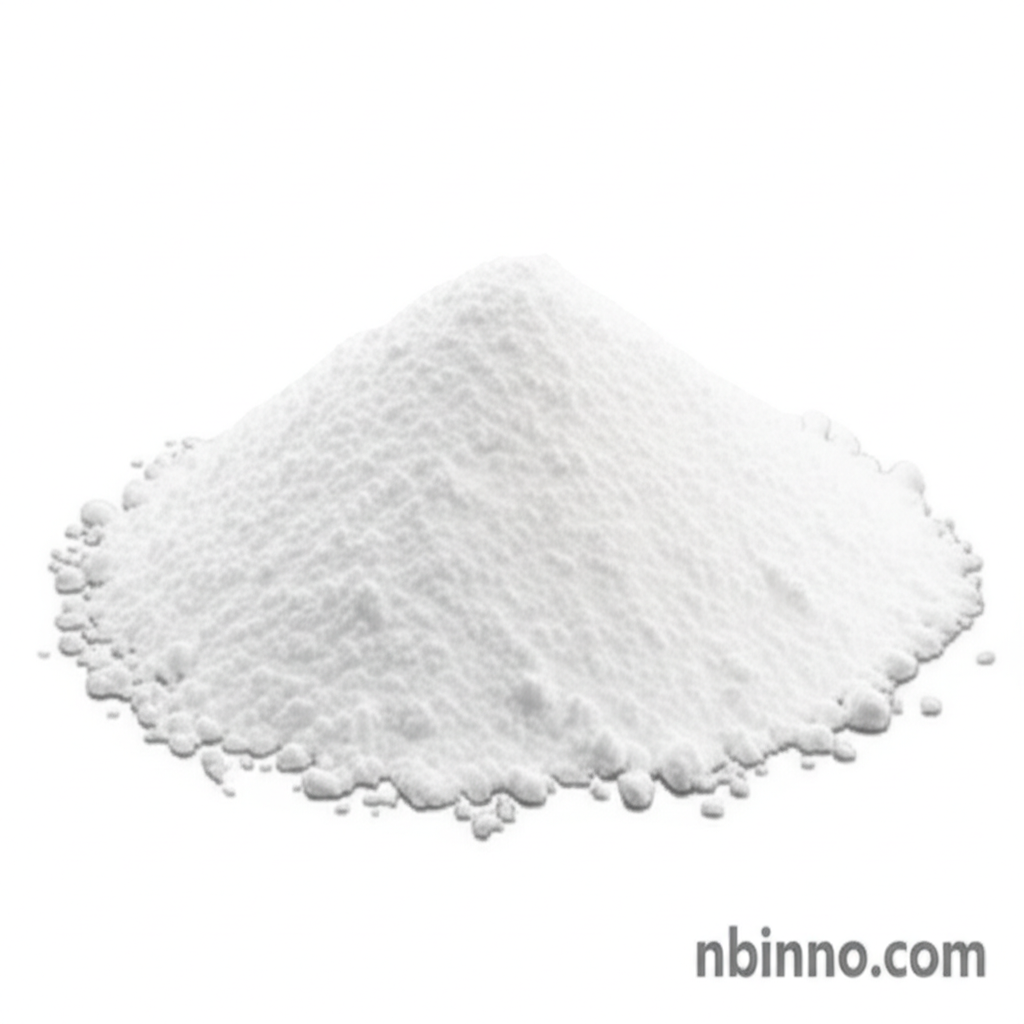Unlock Protein Insights with Carboxypeptidase W
Discover the essential enzyme for precise C-terminal sequencing and protein modification.
Get a Quote & SampleProduct Core Value

Carboxypeptidase W
Carboxypeptidase W is a vital enzyme recognized for its critical role in the C-terminal sequencing of proteins and peptides. Its unique ability to hydrolyze peptide bonds at the C-terminus makes it invaluable for detailed protein analysis and modification in research and industrial applications.
- Explore the precise function of Carboxypeptidase W applications in protein analysis, enabling detailed insights into protein structures.
- Understand the critical Carboxypeptidase W properties, including its stability and optimal usage conditions, ensuring reliable experimental outcomes.
- Leverage CAS 9046-67-7 enzyme uses in various biochemical processes, from research to large-scale industrial production.
- Utilize this powerful protease for accurate C-terminal peptide sequencing, a fundamental step in understanding protein function.
Advantages of Utilizing Carboxypeptidase W
Precision in Sequencing
Achieve unparalleled accuracy in protein C-terminal sequencing with Carboxypeptidase W, a key tool for researchers in molecular biology.
Versatile Industrial Applications
The enzyme's utility extends to various industrial sectors, supporting innovation in biotechnology and biochemical production.
Enhanced Peptide Modification
Facilitate targeted C-terminal modification of proteins and peptides, opening avenues for developing novel therapeutics and research tools.
Key Applications
Protein Sequencing
The primary application of Carboxypeptidase W involves the accurate C-terminal sequencing of proteins, critical for understanding protein structure and function.
Peptide Modification
This enzyme is essential for modifying the C-terminus of peptides, enabling tailored biochemical properties for various uses.
Biotechnology Research
Carboxypeptidase W serves as a valuable reagent in biotechnology, aiding in the development of new enzymes and biochemical processes.
Industrial Enzyme Use
Its robust properties make it suitable for diverse industrial applications, contributing to efficient biochemical production methods.
